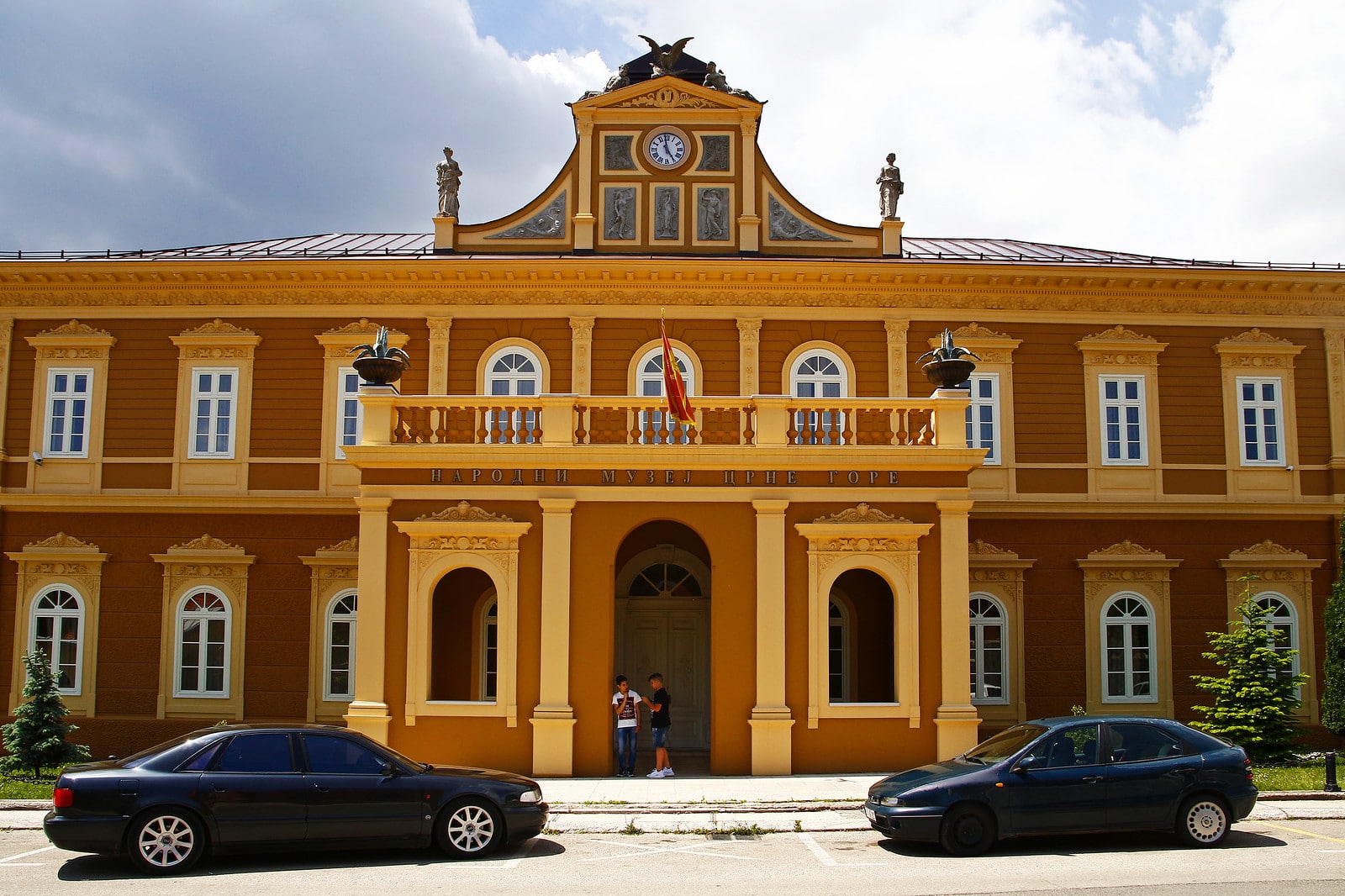The Montenegrin electorate went to the polls on Sunday 11 June for the parliamentary election, the first since the ousting of power of longtime leader Milo Đukanović and the earlier defeat of his Democratic Party of Socialists in 2020. The election – which was held early because of a fall of government and a subsequent stalemate – were won by the new Europe Now! party, according to observer CEMI. With the Democratic Party of Socialists (DPS) becoming the second largest party by a small margin, however, it remains to be seen who will gather enough support to form a government. Although whoever will, has to face the challenge of restoring confidence in politics: voter turnout on Sunday was at a record low of 56.4%, a significant decrease compared to the 2020 parliamentary elections, when the turnout was 73.4%.
Results
With nearly all votes counted, it has become clear that Europe Now! – led by Milojko Spajić and newly elected President Jakov Milatović – has won the election by obtaining roughly 25.6% of the votes, equaling 24 out of 81 parliamentary seats. An alliance consisting of the Democratic Party of Socialists (DPS) and a number of allied parties, meanwhile, came in as a close second with 23,2% of the votes, equaling 21 seats.
“This is a great victory … we will speak with everybody who shares our values,” said Spajić shortly after the results were announced, while also ruling out DPS as a possible coalition partner. Because of the small difference between the two biggest parties Predrag Zenović – a political analyst – predicts “a long period and hard negotiations to form the new government”, with greater “potential for political blackmail”.
The biggest electoral loss of the day belonged to the alliance of pro-Russian and pro-Serbian parties called For the Future of Montenegro. While the alliance finished third with 14.7%which accounts for 13 seats – this constitutes a loss of nearly 20% compared to the 2020 parliamentary election. The number of seats will, correspondingly, be halved. Democratic Montenegro – led by outgoing Prime Minister Dritan Abazovic – had to settle for 12.3% and 11 seats. Other significant results include the 1.9% of Albanian List and 1.5% of Albanian Coalition, which grants them 2 and 1 seats respectively because of ethical quota.
No seat for the Montenegrin social democrats
The result is a disappointment for Montenegro’s Social Democratic Party. While obtaining roughly 2.9% of the votes, this means the social democrats will stay just under the electoral threshold of 3% due to the highly complex quota system in Montenegrin politics. As some voting irregularities are still examined, the party is however very close to the threshold, meaning they are not completely out of the race of obtaining the two seats they already hold in Parliament.
During the campaign, the SDP emphasized that – as opposed to several other Montenegrin parties – no member of the party has been tried on corruption charges. The social democrats also promised progress in the countries’ road to EU-accession and the strengthening of vital institutions, which had lately been “used for electoral gain”.
Run-up to the election
Sunday’s election was preceded by years of political turmoil in Montenegro. In the 2020 parliamentary elections, however, a coalition of three multi-party alliances managed to oust the DPS from power, leaving Djukanovic isolated in his ceremonial role as President.
Headed by Zdravko Krivakopic, this uneasy coalition inherited the near impossible task of leading the country out of its economic problems. Combined with the COVID-19 pandemic – which shrunk the economy by 15% – Podgorica is plagued by its dependence on trade and tourism from Russia and a large debt with China. Krivakopic’s government – in the end – survived until January 2022 over a dispute on the influence of the Serbian orthodox church and the handling of Serbian and Russian relations.
Three months after the fall of the Krivakopic cabinet, Dritan Abazovic was elected head of a transitional government with a mandate for one year. This coalition, however, proved to be extremely short-lived after a new dispute on the Serbian orthodox church toppled the government in August 2022.
In April, Europe Now! paved the way for its Sunday parliamentary victory by winning the presidential election, ousting longtime ruler Đukanović. The party runs on a liberal, pro-EU accession platform and is largely considered pro-Western. Oddly, some party members have also advocated for improving ties with Serbia. Whichever direction, a difficult task awaits the Europe Now-party. Combined with the COVID-19 pandemic – which shrunk the economy by 15% – Podgorica is plagued by its dependence on trade and tourism from Russia and a large debt with China.
Author: David Groenen



